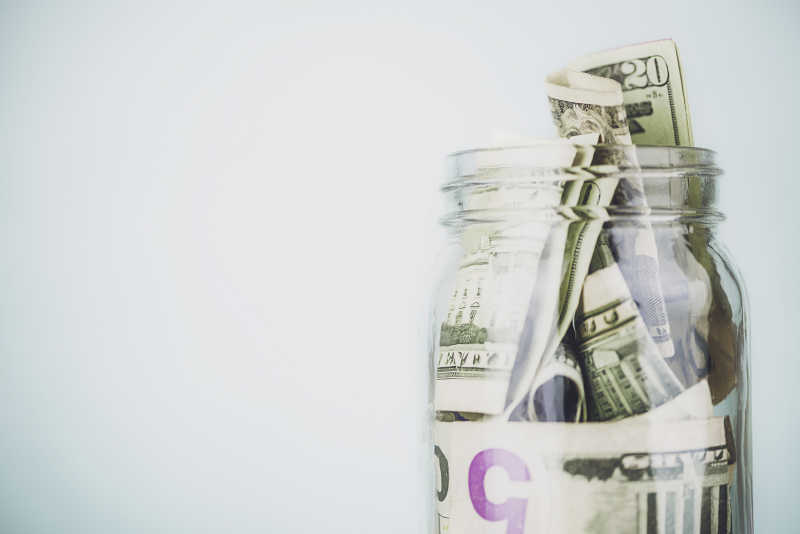How the CARES Act Can Help Small Businesses
Nov. 30, 2020
Small business is the backbone of America. In Virginia, there are approximately 725,000 small businesses comprising 99.5% of all businesses in the state. On their own, a small business closure may have serious consequences for the owner and employees. Collectively, the impact would devastate the economy of the nation.
Operating a successful, profitable small business has always been challenging. Now, the COVID-19 pandemic threatens to close the doors on thousands of them, perhaps forever. The CARES Act has provided some tools to help small businesses. You need to know how to put those tools to use, and a small business bankruptcy attorney may be able to help.
At Vivona Pandurangi, PLC, we’re helping small business clients in Falls Church, Alexandria, Arlington, Fairfax, and Manassas, Virginia use the tools provided in the CARES Act to their advantage. We work to help small businesses succeed.
What is the CARES Act?
The CARES Act designated $376 billion to help workers and small businesses during the pandemic. In addition to existing programs offered through the Small Business Administration (SBA), the Act established the Paycheck Protection Program, Economic Injury Disaster Loans, SBA Express Bridge Loans, and SBA Debt Relief.
How Can It Help Small Businesses?
The Cares Act can help small businesses in a number of ways including:
Loans
Two loans were created under the CARES Act. The Economic Injury Disaster Loan (EIDL) is designed to meet financial obligations and operating expenses a business would have met had it not been for the pandemic. Collateral is not required for loans under $25,000. Interest is 3.75% for businesses and 2.75% for nonprofits over a 30-year term.
The SBA Express Bridge Loan allows quick access to $25,000 for businesses that have a relationship with an SBA lender while they await the processing of an EIDL loan. The Bridge Loan is for immediate cash needs and is repaid in full or part by the EIDL loan.
Debt Relief
The SBA will automatically pay six months in principal, interest, and fees on qualifying SBA 7(a) and Microloans. It is also providing deferments on SBA-serviced Disaster Loans in “regular servicing” status as of March 1, 2020. The deferments will be made through December 31, 2020. Interest accrues during the deferment period.
Subchapter V
The Small Businesses Reorganization Act (SBRA) went into effect in February 2020. Commonly referred to as “Subchapter V,” the measure is designed to make Chapter 11 bankruptcy accessible to small businesses with debt less than $2,725,625. As part of the CARES Act, Congress increased the cap to $7,500,000 for a year. Subchapter V allows small businesses to restructure their debt while avoiding some of the normal costs of Chapter 11 bankruptcy. The intent is to keep small businesses in business which helps employees, creditors, vendors, and suppliers as well.
The Paycheck Protection Program (PPP)
The intent of the PPP is to enable small businesses to keep their workers employed during the pandemic. Businesses can apply for the loan through any participating SBA lender, bank, or credit union. The PPP loans mature in two to five years at an interest rate of 1%. The loans do not need to be secured by collateral and neither the lenders nor the government can charge a fee for processing the loan. If a small business uses the loan proceeds for specified purposes during an 8- to 24-week period, it can ask for loan forgiveness once the proceeds are spent. If loan forgiveness is not requested in a timely manner, the business will need to begin repaying the loan.
Please note that the PPP expired on August 8, 2020. Congress has discussed extending the program but has not passed another relief package as of the date of publication.
Work with An Experienced Small
Business Bankruptcy Attorney Today
There are few things more stressful than a small business owner trying to keep the doors open during such a massive economic downturn as the one caused by the current pandemic. Not only are you concerned about your own financial situation, you worry about the people who work for you and the vendors who provided you with goods believing you would pay for them.
Many small businesses are ill-equipped to pivot quickly and save their business. Doing so takes money and resources they simply may not have. If you own one of these struggling small businesses, you need to find out what options you may have before simply turning off the lights and locking the doors.
At Vivona Pandurangi, PLC, we put our experience and knowledge with small business bankruptcy to work for clients who need to explore their options. If you own a business in Falls Church, Alexandria, Arlington, Fairfax, Manassas, or in Fairfax, Arlington, Prince William, or Loudon counties in Virginia, or in the District of Columbia, find out if we can help.
Call our office today to schedule a free consultation.
